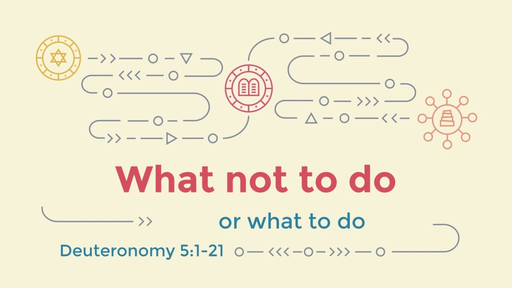What not to do

Luther not only writes about what we shouldn't do in adhering to the 10 Commandments, but also what we should do. In doing so, we turn a negative list into something positive. Our task as God's people is to make the world a better place -- not doing bad things will only get us so far. Doing good things will help the world become even better and closer to the community that God wants for us all.
Honouring our relationship with God
We should fear, love,2 and trust in God above all things.4
We should so fear and love God as not to curse, swear2, conjure, lie4, or deceive, by his name6, but call upon him in every time of need, and worship him with prayer8, praise, and thanksgiving10.
We should so fear and love God as not to despise his word and the preaching of the gospel but deem it holy2, and willingly hear and learn it4.
Honouring our relationship with others
not to despise nor displease2 our parents and superiors, but honor4, serve, obey6, love, and esteem them8.
not to do our neighbor any bodily harm or injury2, but rather assist and comfort4 him in danger and want.
to be chaste and pure in our words2 and deeds, each one also loving and honoring4 his wife or her husband.
not to rob our neighbor of his money or property, nor bring it into our possession by unfair dealing or fraudulent means2, but rather assist him to improve and protect it.
not deceitfully to belie2, betray, slander, nor raise injurious reports against our neighbor4, but apologize for him, speak well of him, and put the most charitable construction on all his actions.6
11 Therefore encourage one another and build up each other, as indeed you are doing.
Honouring our relationship with ourselves
not to desire by craftiness to gain possession of our neighbor’s inheritance or home, or to obtain it under the pretext of a legal right2; but be ready to assist and serve him in the preservation of his own.
not to alienate our neighbor’s wife from him, entice away his servants2, nor let loose his cattle, but use our endeavors that they may remain and discharge their duty to him4.